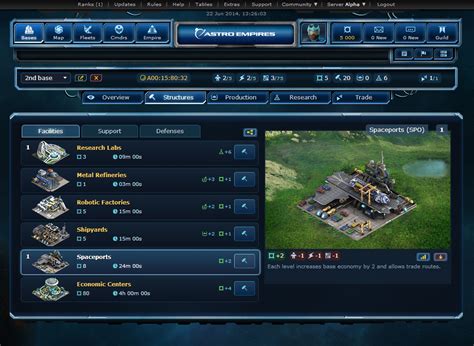Equinox.space sets a new bar for what can be achieved in browser-based gaming. Not constrained by traditional downloads, Equinox.space harnesses the capabilities of WebGL through the Three.js library to deliver a visually stunning, interactive game that runs equally smoothly on both desktop and mobile browsers. It represents a significant step forward in making sophisticated gaming experiences more accessible and convenient. Leveraging the versatility of WebGL, developers can create detailed, high-performance games without the need for users to commit to downloading large files.
Given the technological insights shared, Equinox.space’s performance across various devices, particularly mobile, was a critical focus during its development. Users have observed that the game operates smoothly on both iOS and Android platforms without significant battery drain or overheating—an impressive feat considering the detailed graphics and complex interactions that take place in the game. This achievement underscores the advancements in mobile web gaming, where developers are now capable of delivering rich, engaging content without compromising on performance.
However, the experience is not without its challenges. Some users noted issues such as sound not playing on specific devices and occasional performance stutters on high-end smartphones like the Pixel 7 Pro. These insights are crucial for developers as they highlight the ongoing challenges in mobile game development, especially around consistency across various devices. Despite these minor setbacks, the overall user feedback has been overwhelmingly positive, appreciating the seamless integration and the immersive nature of the game.
From a developer’s perspective, Equinox.space is not just a game but a showcase of what’s possible with modern web technologies. The use of Three.js for 3D rendering and the implementation of intricate game physics demonstrate how far web languages and libraries have evolved. Aspiring game developers are encouraged to delve into WebGL and libraries like Three.js or Babylon.js, focusing on understanding the intricacies of 3D rendering and optimization for different devices.
The discussion about controls customization, such as adding an option to invert mouse Y-axis controls, reflects a broader issue in game design: the balance between developer intention and user preference. It exemplifies how feedback loops between developers and the community can lead to better user experiences. The choice to incorporate or omit certain customizable features can significantly affect how players interact with and feel about a game.
The community feedback also delves into the nuances of user preferences for game control settings—a legacy from the early days of gaming influenced by flight simulators. This demonstrates the importance of inclusivity in control design, allowing players to tailor their gaming experience to what feels most natural to them. Such settings can make or break a game’s success, as they impact the accessibility and enjoyment experienced by a diverse audience.
Looking towards the future, Equinox.space highlights the potential for further advancements in browser-based gaming. With continuous improvements in web technologies and increased browser capacities, the line between traditional and web-based games will likely blur even further. For developers, this paradigm shift represents both a challenge and an opportunity to innovate and redefine gaming experiences for the next generation of players.


Leave a Reply